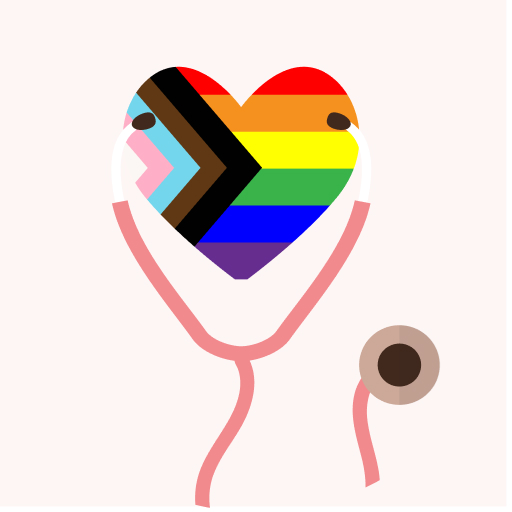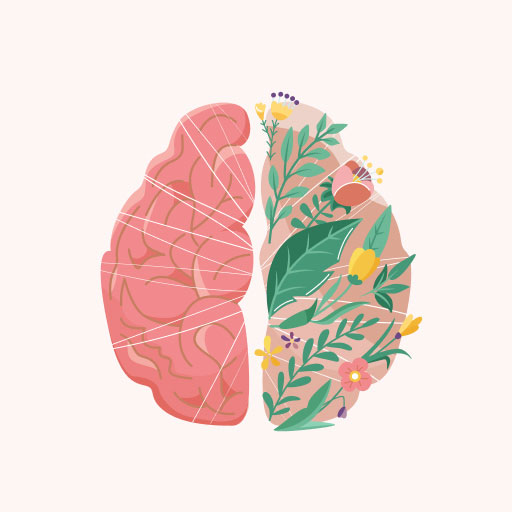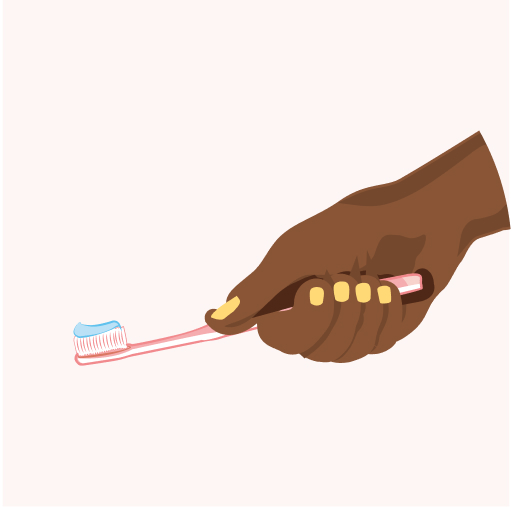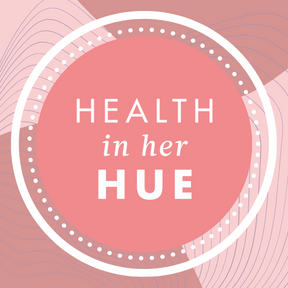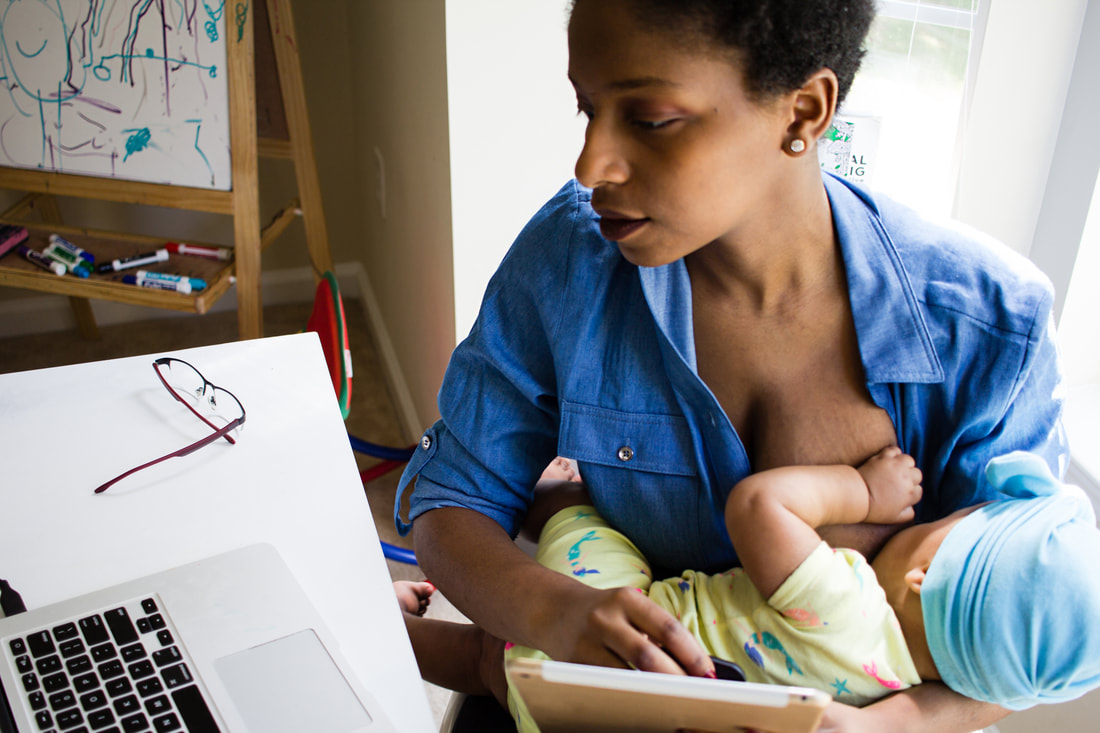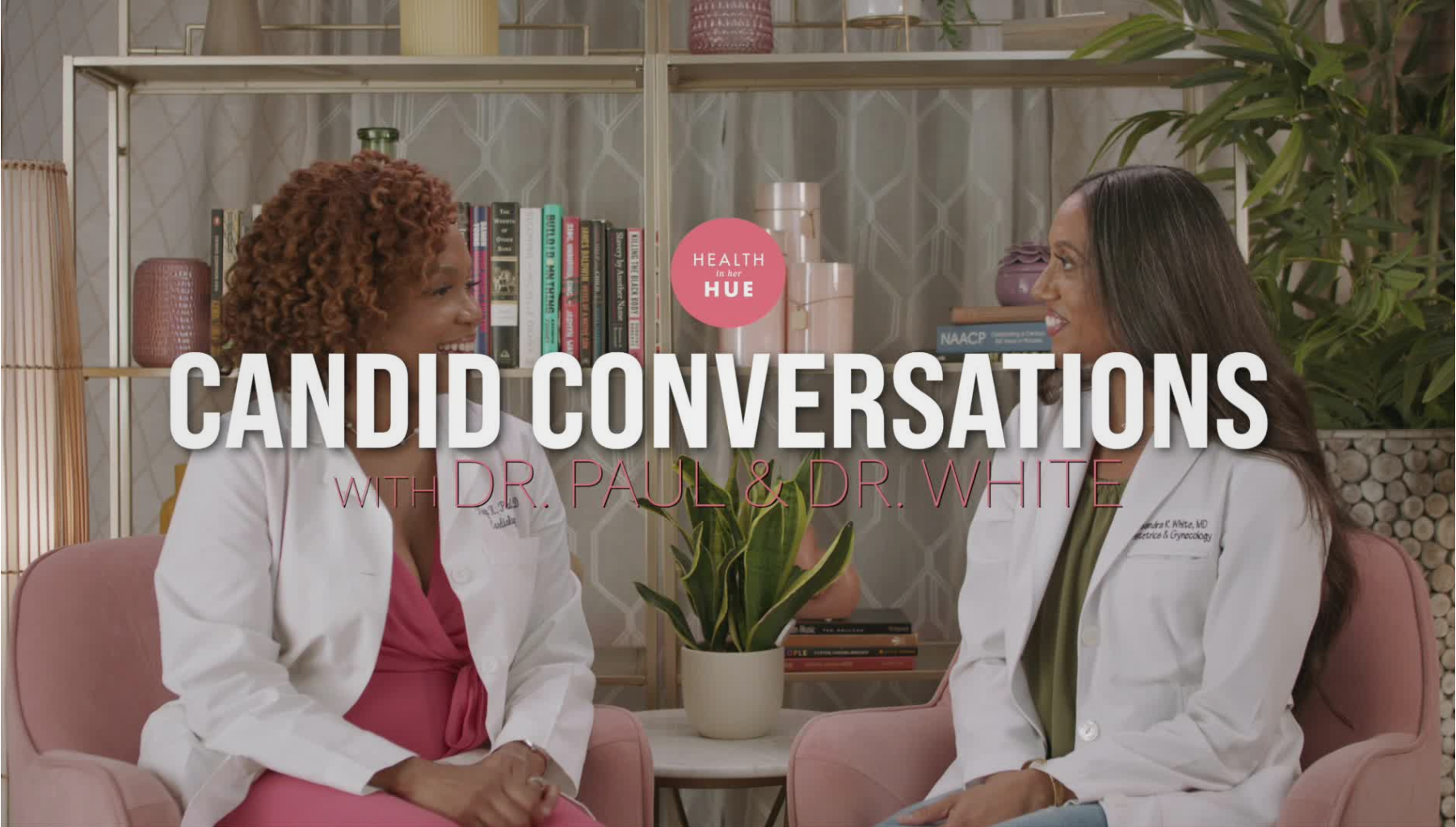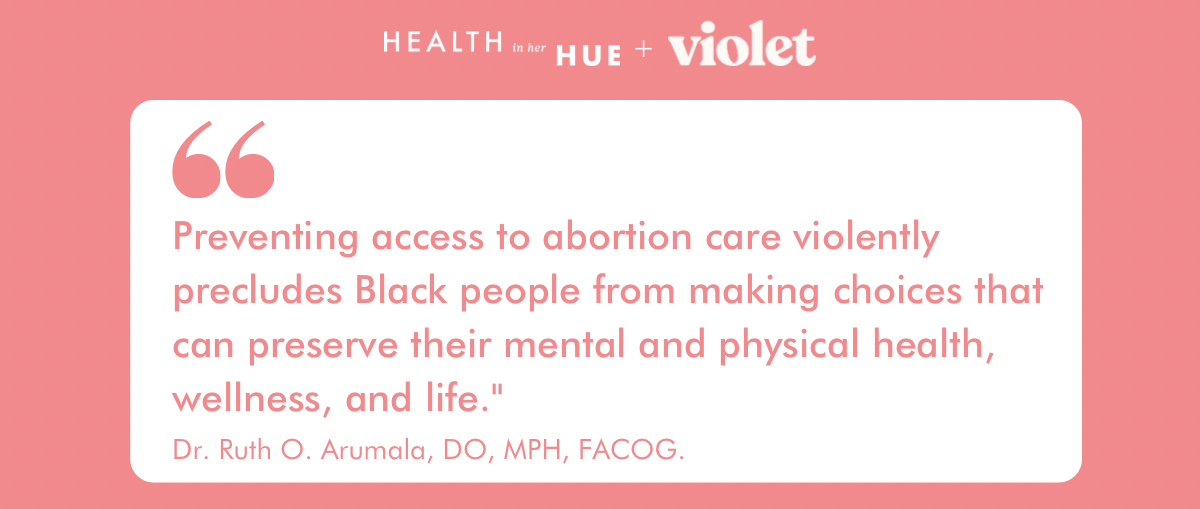
Life Post-Roe: Prepare for a Worsening Black Maternal Health Crisis
The Black maternal health crisis is a public health emergency. According to the Center for Disease Control (CDC), Black women have the highest maternal mortality rate (55.3 per 100,000 live births) than any other racial group in the United States.
This devastating health disparity is fueled by inequities and exposes how far our nation is from ensuring reproductive justice for all.
The overturn of Roe v. Wade will not only worsen an existing Black maternal health crisis but will disproportionately impact Black communities where abortion bans are enforced and where restrictions long persisted in the south.
Reproductive justice is the solution.
Before Roe v. Wade was overturned, Black people have been sounding the alarm about reproductive rights.
From forced impregnation, sexual abuse, torturous science experiments, and more, the very foundations of modern obstetrics and gynecology can be traced back to these inhumane practices performed on Black bodies, denying them autonomy and dignity.
A principle of the emancipation and Civil Rights movements was establishing bodily autonomy. Bodily autonomy is the freedom to do whatever you want with your body—from freedom of expression to freedom of movement, to freedom to have children or not. Bodily autonomy is integral to the recounting of Black American history. As we begin a new chapter of Black American history and grapple with the ramifications of a post-Roe era, the Black community continues to advocate for bodily autonomy.
According to SisterSong, “reproductive justice is the human right to maintain personal bodily autonomy, have children, not have children, and parent the children we have in safe and sustainable communities.” Black and Indigenous women, transgender and gender non-conforming people have always fought for reproductive justice, but the term itself was invented in 1994 by a group of Black women at the forefront of the fight for liberation.
Now, the very community that coined “reproductive justice” is hardest hit by the overturn of Roe v. Wade. Lack of abortion access disproportionately impacts Black women and birthing people. Here’s why.
Abortion bans will disproportionately harm Black birthing people.
Since before the overturn of Roe v. Wade, according to the CDC, Black women had the highest rate of abortions with 23.8 abortions per 1,000 women. This is due to underlying social determinants of health: poverty, lack of health care, housing, and food insecurity, and more.
Nearly 14% of Black women lack health insurance compared to 8% of white women. Structural inequities necessitate abortions. With the overturn of Roe v. Wade, this trend will likely continue.
According to Health in Her HUE affiliate Dr. Ruth O. Arumala, DO, MPH, FACOG, “As a gynecologist, I have sat across from numerous people faced with the tough decision to terminate or continue a pregnancy. Many share concerns about the financial implications of providing for another human and impeding their ability to provide for themselves. Others discuss the self-loathing and public shame that the pregnancy [makes them feel] in their community with a particular impact on their mental health. Lastly, some exhibit intense fear of dying due to pregnancy-related concerns or pregnancy-induced femicide.”
Black women and birthing people will still have abortions despite the Supreme Court’s decision. But now, they will face additional barriers to access abortion services such as traveling out of state, risking time off work, abortion fees, criminalization, and more injustices. And so continues this country’s gruesome history of structural racism, health inequities, and surveillance over Black bodies.
Unintended pregnancies increase the inherent risks of carrying full term, causing poor maternal and infant health outcomes, the CDC reports. When Black women are already 2 to 3 times more likely to die from complications of pregnancy and birth than white women before Roe v. Wade was overturned, lack of abortion access will worsen the Black maternal crisis. Egregiously, the Black community disproportionately lacks access to high-quality health care, which is needed to properly overcome the crisis. Research has shown that Black Indigenous People of Color (BIPOC) communities often receive lower quality health care than white people. There is no choice where there is no access to comprehensive care.
Abortion access is health care access.
The overturn of Roe v. Wade is not just about choice. It’s about access too. Abortion access is a critical part of reproductive justice, inspiring present-day Black Liberation. It is important that physicians and policymakers examine the history of structural inequities—from slavery to forced gynecological experimentation of Black bodies to segregation and beyond—that have driven present-day health disparities since the founding of the United States.
The U.S. has the only worsening maternal mortality rate out of any high resource nation. After the overturn of Roe v. Wade, 11 states now ban or severely limit abortion. 12 others have laws—not yet in effect—to do the same. These bans will increase maternal mortality rates.
If the U.S. were to ban abortion outright, pregnancy-related deaths could increase by 21% and up to 33% for Black women. “Preventing access to abortion care violently precludes Black people from making choices that can preserve their mental and physical health, wellness, and life,” says Dr. Arumala.
Social determinants of health are rooted in this country’s racism, and we cannot ignore it as we’ll begin to see starker maternal health disparities. The sooner we join Black advocates and work towards abortion access for all, the sooner we can overcome inequities and give patients the care they deserve.
To learn more about Violet visit joinviolet.com


